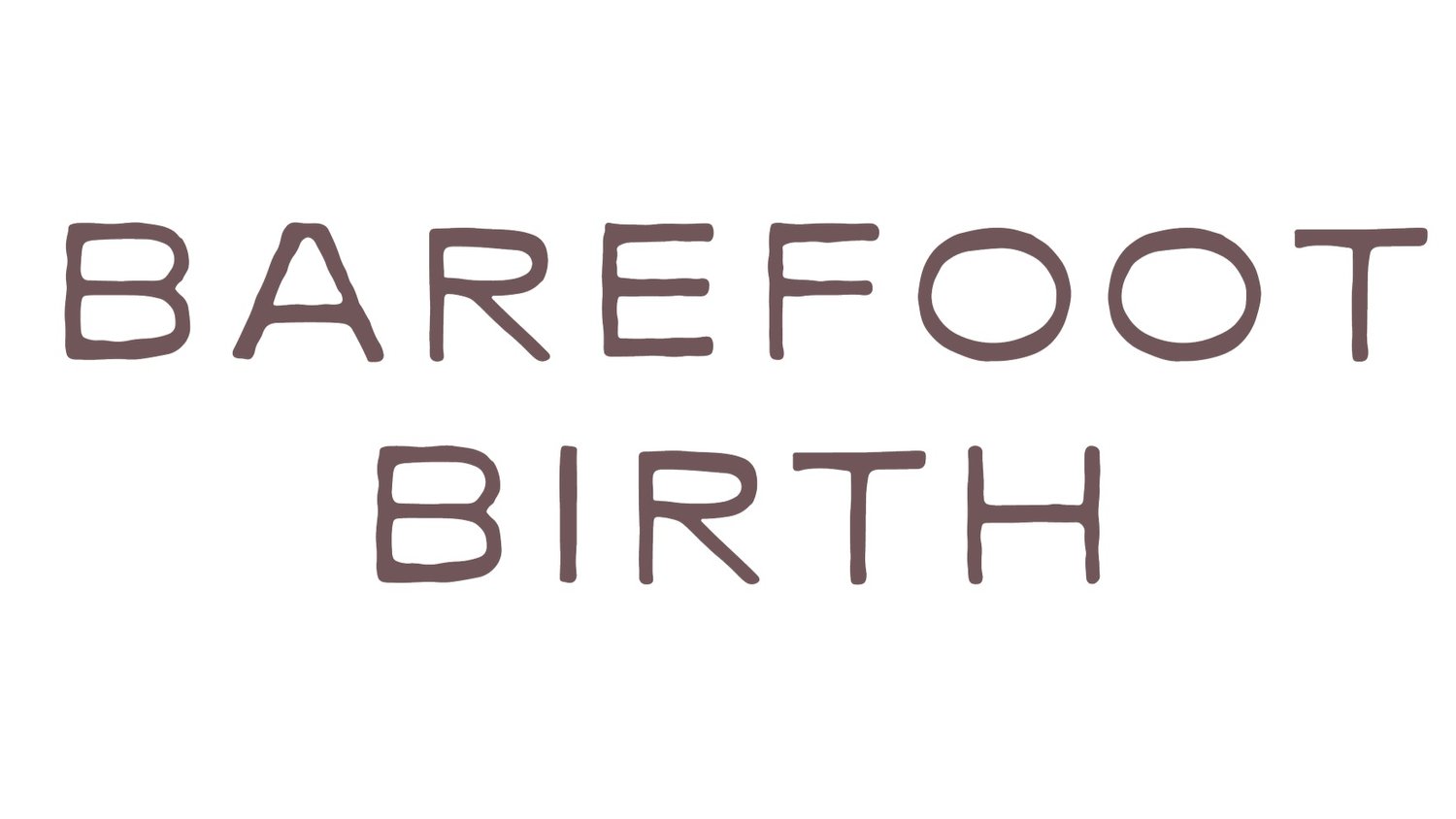Herbs and Supplements for Endometriosis
The World Health Organization (WHO) estimates that one in every 10 women is affected by endometriosis. If you are one of these women struggling with life-altering endometriosis, know that you don’t have to go it alone. Our holistic midwives can guide you in treating your endometriosis symptoms naturally, including following the endo diet and incorporating supplements and herbs into your daily routine.
The supplements and herbs we recommend using are natural and backed by scientific evidence to address the root causes of painful symptoms caused by endometriosis, including inflammation, pain, size of endometrial tissue and lesions, and hormone imbalances.
Ginger: Take as prescribed, or try making fresh-squeezed apple-carrot-ginger juice. Ginger helps reduce inflammation and manage pain.
Pine Bark: Take as prescribed to help reduce inflammation and manage pain.
Chaste Tree Berry (Vitex): Take as prescribed to help reduce inflammation and balance hormones.
Diindolylmethane DIM: Take as prescribed to improve estrogen metabolism and balance hormones.
N-acetyl cysteine (NAC): We recommend purchasing this from Pure Formulas. NAC reduces endometrial lesions in size and acts as an antioxidant.
Omega-3 fatty acids: Take EPA/DHA as prescribed to help reduce inflammation and manage pain.
Melatonin: Take as prescribed at bedtimes to regress endometrial tissue and manage pain.
Curcumin (turmeric): Take as prescribed on the label to help reduce inflammation.
CBD oil: Find a topical treatment or oral supplement to reduce inflammation and manage pain.
Try incorporating a mix of these supplements into your daily routine. Maximize their effects by following the endo diet and making other lifestyle changes that help to treat endometriosis naturally. These interventions can take time for you to notice their full effects. We recommend following a regimen for at least 3-6 months, and check in with our holistic midwives once a month to evaluate your progress and make adjustments to your care plan as necessary.
Are you ready for your personalized treatment plan? Contact us today.
References: Maizes, V., & Dog, T. L. (Eds.). (2015). Integrative Women's Health. Oxford University Press; Stansbury, J. (2018), Herbal Formularies for Health Professionals, Volume 3, Endocrinology, Chelsea Green; Romm, A. J. (2020). Hormone Intelligence, Harper One; Romm, A. Botanical Medicine for woman’s Health, 2010. Churchill, Livingstone.
